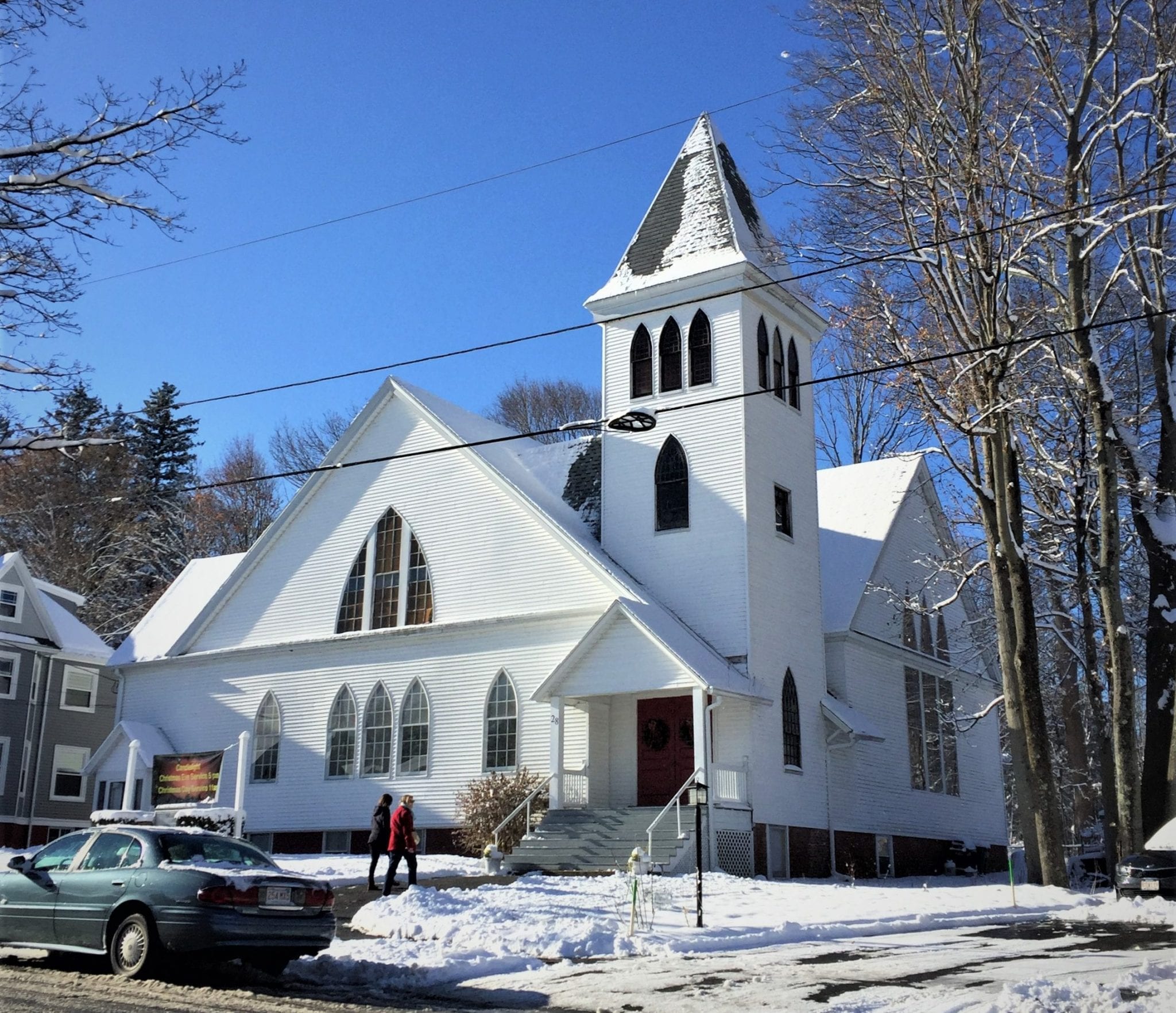On episode 58 of The Edge of Innovation, we are exploring Christianity and who God is with Pastor Paul Buckley of King of Grace Church.

Hacking the Future of Business!

On episode 58 of The Edge of Innovation, we are exploring Christianity and who God is with Pastor Paul Buckley of King of Grace Church.

On episode 57 of The Edge of Innovation, we are exploring Christianity with Pastor Paul Buckley of King of Grace Church.

On episode 56 of The Edge of Innovation, we are talking with Pastor Paul Buckley of King of Grace Church in Haverhill, Massachusetts.

On this episode of The Edge of Innovation, we are talking with interior designer, Amanda Greaves of Amanda Greaves and Company, about what it takes to be an interior designer.

On this episode of The Edge of Innovation, we are talking with interior designer, Amanda Greaves of Amanda Greaves and Company, about the competitive world of interior design.